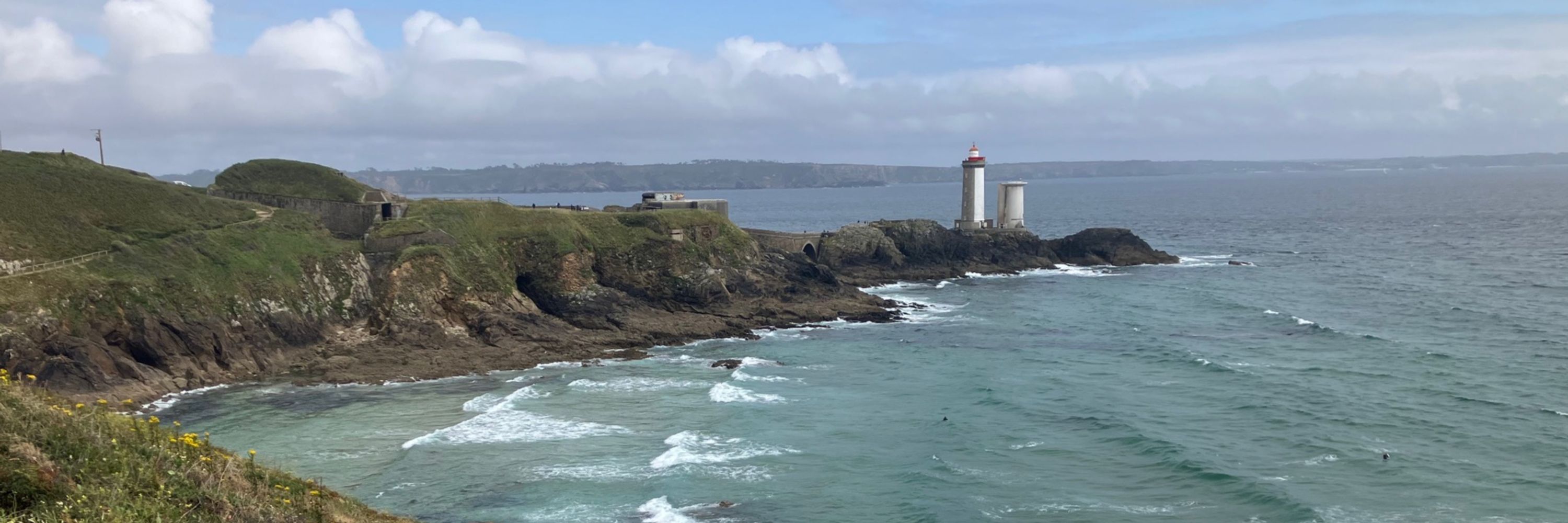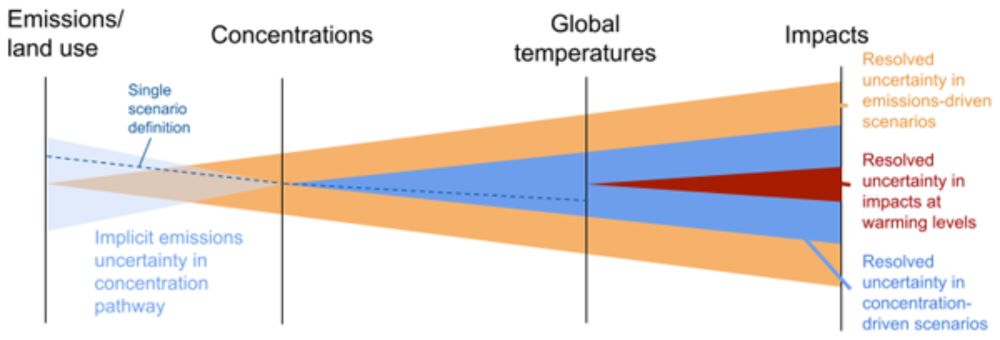
@IMT Atlantique, Brest, France
Join the SAMOUSSA project to study Sargassum in the N.Atl using Meteosat Third Gen & the NEMO-Sarg model.
🎯 Goal: Improve seasonal forecast
Consider applying and joining a dynamic team and discover the wonderful city of Toulouse
🙏Thanks for sharing this


Join the SAMOUSSA project to study Sargassum in the N.Atl using Meteosat Third Gen & the NEMO-Sarg model.
🎯 Goal: Improve seasonal forecast
Consider applying and joining a dynamic team and discover the wonderful city of Toulouse
🙏Thanks for sharing this
🌍 "Hydrological regime shifts in Sahelian watersheds: an investigation with a simple dynamical model driven by annual precipitation"
🔧 We propose methodological tools to study the timing of past hydrological regime shifts
🔗 doi.org/10.5194/egus...

🌍 "Hydrological regime shifts in Sahelian watersheds: an investigation with a simple dynamical model driven by annual precipitation"
🔧 We propose methodological tools to study the timing of past hydrological regime shifts
🔗 doi.org/10.5194/egus...
🔍 "Equation discovery for climate impact: symbolic regression to emulate climate impact indicators for unseen scenarios"
🌊 In the "Machine Learning for Ocean Science" session at 09:25 Room -2.41/42
🔗 meetingorganizer.copernicus.org/EGU25/EGU25-...
🔍 "Equation discovery for climate impact: symbolic regression to emulate climate impact indicators for unseen scenarios"
🌊 In the "Machine Learning for Ocean Science" session at 09:25 Room -2.41/42
🔗 meetingorganizer.copernicus.org/EGU25/EGU25-...
link.springer.com/article/10.1... (restricted access journal)

link.springer.com/article/10.1... (restricted access journal)
journals.plos.org/climate/arti...
journals.plos.org/climate/arti...
What's new?
Compared to AR6:
-More concise
-greater range of modeling approaches
-chapters span Earth System domains
-considers diverse physical scenarios
/thread/
apps.ipcc.ch/eventmanager...
What's new?
Compared to AR6:
-More concise
-greater range of modeling approaches
-chapters span Earth System domains
-considers diverse physical scenarios
/thread/
apps.ipcc.ch/eventmanager...
#Snow #Extreme #Climate
authors.elsevier.com/a/1kUDU,3mSS...
#Snow #Extreme #Climate
authors.elsevier.com/a/1kUDU,3mSS...
Here is an illustration (for a bistable model) of "my definition" so far:
References: arxiv.org/abs/1103.0169
www.nature.com/articles/350...

Here is an illustration (for a bistable model) of "my definition" so far:
References: arxiv.org/abs/1103.0169
www.nature.com/articles/350...
In addition, we don't say often enough that though there may be tipping _elements_, there's little evidence to date for global scale tipping points.
Best understanding remains that we warm as much as we cumulatively emit. No more, no less.
In addition, we don't say often enough that though there may be tipping _elements_, there's little evidence to date for global scale tipping points.
Best understanding remains that we warm as much as we cumulatively emit. No more, no less.
Can #AI-based weather forecasting models (trained on present-day data) provide skillful forecasts also in different colder and warmer states of the climate system?
Our preprint in arxiv explores this question:
doi.org/10.48550/arX...
Here is what we found so far (🧵1/7)
Can #AI-based weather forecasting models (trained on present-day data) provide skillful forecasts also in different colder and warmer states of the climate system?
Our preprint in arxiv explores this question:
doi.org/10.48550/arX...
Here is what we found so far (🧵1/7)
Earth System Modeling has long relied on simulations driven by GHG concentrations. But this approach is outdated.
ESMs need to resolve human activity and its consquences.
gmd.copernicus.org/articles/17/...

Earth System Modeling has long relied on simulations driven by GHG concentrations. But this approach is outdated.
ESMs need to resolve human activity and its consquences.
gmd.copernicus.org/articles/17/...

